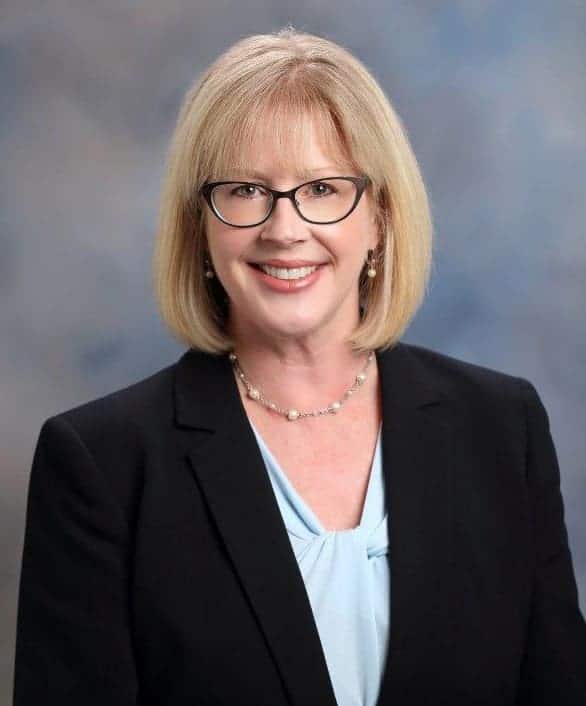Shared Parenting: A Different Approach to Parenting After Divorce
 It is generally accepted that children do better when they have access to a significant, bonded relationship with both parents. Unfortunately, the way life after divorce often works out, parenting time ends up being decidedly lopsided. Even when both parents are awarded joint custody, the child will typically spend the most time with one parent–which is frequently the mother–and the dad becomes a visitor in the child’s life. A story in the Washington Post tackles the issue of shared parenting, and how more than 20 states in 2017 considered laws to promote shared custody of children after divorce. Shared parenting or co-parenting is a collaborative approach to parenting children after divorce. The proposed bills would make shared parenting a legal presumption in custody decisions.
It is generally accepted that children do better when they have access to a significant, bonded relationship with both parents. Unfortunately, the way life after divorce often works out, parenting time ends up being decidedly lopsided. Even when both parents are awarded joint custody, the child will typically spend the most time with one parent–which is frequently the mother–and the dad becomes a visitor in the child’s life. A story in the Washington Post tackles the issue of shared parenting, and how more than 20 states in 2017 considered laws to promote shared custody of children after divorce. Shared parenting or co-parenting is a collaborative approach to parenting children after divorce. The proposed bills would make shared parenting a legal presumption in custody decisions.
Proponents of the new laws say that family courts across the country are out of step with modern families. Christian Paasch, chair of the National Parents Organization of Virginia said, “The way the system is set up now, two parents enter the courtroom. When they leave, one is a parent, and the other is a visitor.” The shared parenting approach says, “You will both still be parents, and you both matter to your children.”
What is shared parenting?
Equally Shared Parenting.com defines shared parenting in this way: “The purposeful practice of two parents sharing equally in the domains of child raising, housework, breadwinning, and time for self.”
As opposed the model where one parent spends the majority of the time with the child while the other, more “occasional” parent visits the child, shared parenting is balancing and sharing the care of the child between the parents.
Shared parenting has a number of benefits for your children
A piece published in StatNews about shared parenting points out the need for children to spend more time with their fathers, and how they benefit from having both parents jointly involved in their children’s lives. Their research found that “children who spend at least 35 percent time with each parent, rather than live with one and visit the other, have better relationships with their fathers and mothers and do better academically, socially, and psychologically. [They] get better grades; are less likely to smoke, get drunk, and use drugs; and are less susceptible to anxiety, depression, and stress-related illnesses.”
An article on the Institute for Family Studies (IFS) website, Dr. Linda Nielsen conducted a meta-analysis of 54 studies that compared children’s outcomes in shared and sole physical custody families. Dr. Nielsen found that, “. . . independent of parental conflict and family income, children in shared physical custody families—with the exception of situations where children need protection from an abusive or negligent parent—have better outcomes across a variety of measures of well-being than do children in sole physical custody.”
Shared parenting has benefits for the children and for the parents, but it is not for everyone. Some advocates fear that it could reduce or eliminate child support payments, putting less economically secure parents at risk. In Tennessee, this is an unlikely outcome; child custody and child support are governed by different sets of rules.
The important thing is finding a model of parenting time that works in the best interest of the children after divorce. A skilled and compassionate Nashville family law attorney from the law firm of Miller Upshaw Family Law, PLLC would be glad to consult with you about your child custody case.
Parents who are weighing the option of divorce are invited to speak with a Nashville divorce lawyer who is a strong advocate for you in your child’s best interests. You may call 615-391-4200 or contact the legal team at Miller Upshaw Family Law, PLLC to reserve an in-person or video consultation at our office. Let us help you find the right path forward, for you and for your children.

Karla C. Miller has devoted her entire career to the practice of family law in Tennessee. She attended Auburn University and Nashville School of Law, and upon graduation in 1996, she opened her own law firm and has been assisting families throughout Tennessee since then. Learn more about Karla C. Miller here.
